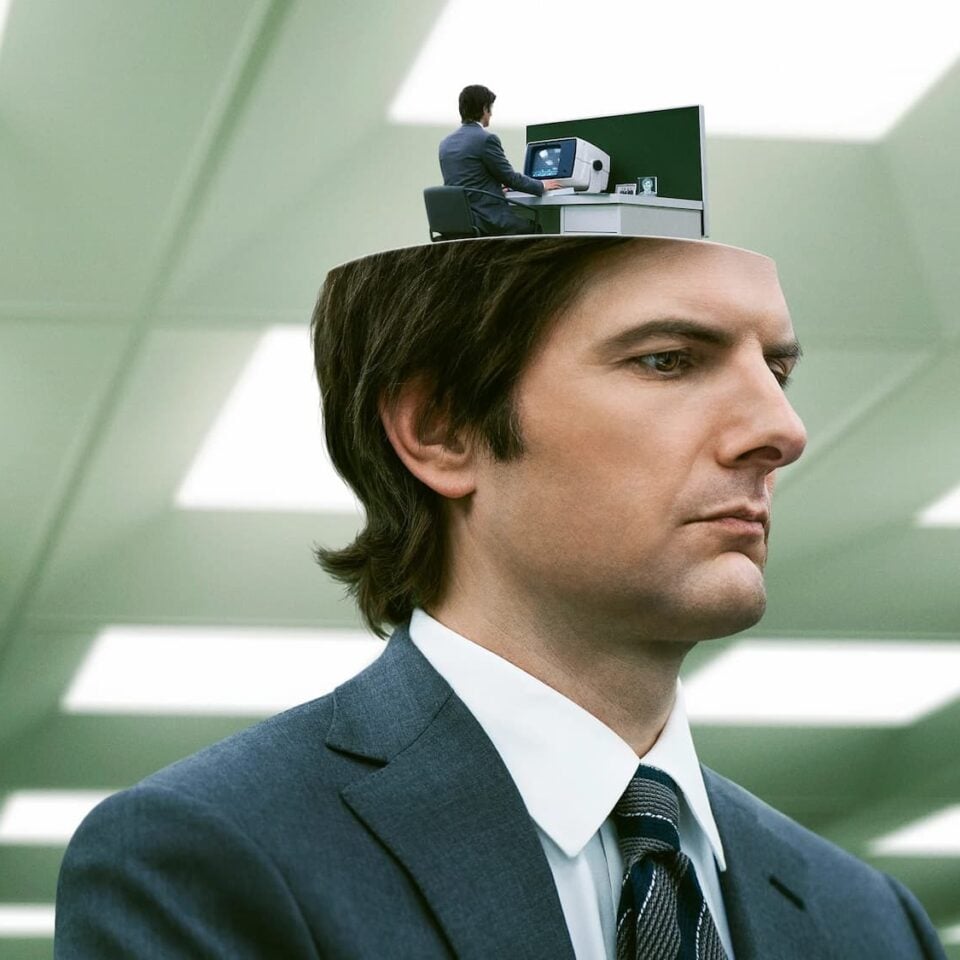

I will say more, the same exact team that spends time managing EKS clusters could manage self-managed clusters and have money to spare for additional hires.
Your suggestions is a large expansion of skillset needed for your alternative to the cloud solution. Your own experience in attempting to hire workers should point to the reason thats a bad idea. You’re going to need even higher skilled people, and they are going to ask for significantly more money.

















Every year the government takes 1 hour away from every American with the implementation of Daylight savings time. They return the hours to each American in the fall. However, in between March (when the hours are taken) and November (when the hours are returned) over 2 million Americans die, and don’t get their hours returned to them, or their estates. This happens every. single. year.
What is the government doing with all of these stockpiled hours of dead Americans?